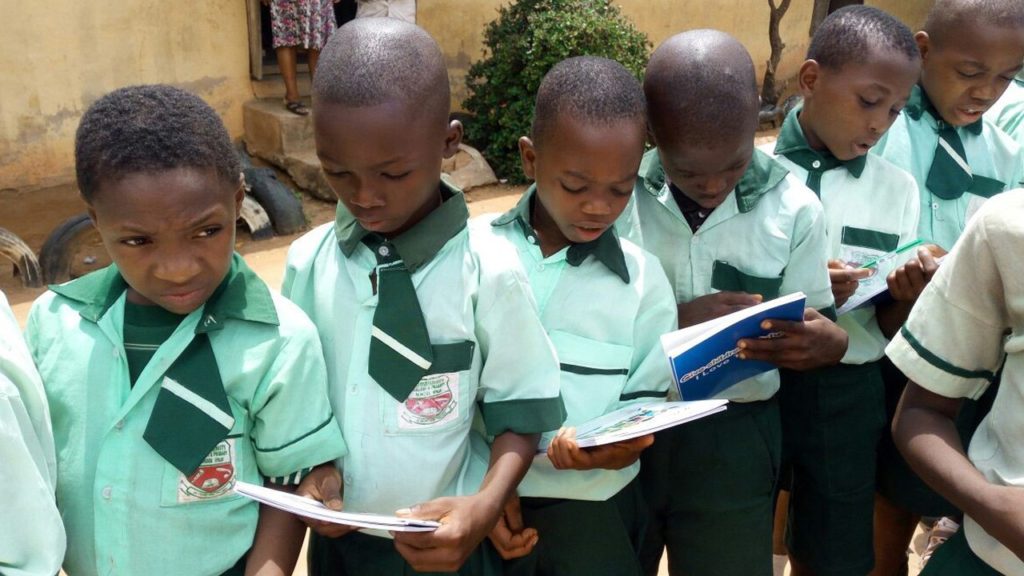Until recently, policy design and interventions in basic education were unduly focused on increasing school enrollment in developing countries, with little attention on improving the quality of learning. Using two states in Nigeria – Lagos and Kano, this paper examined the extent to which School Based Management Committees (SBMCs) mobilized actions (collective and private) to improve school-level accountability, and how this affected school performance and learning outcomes. The study finds that increasing citizen clients‘ participation and voice via SBMCs can improve educational outcomes by strengthening accountability. When functional, their activities remarkably raise intermediate outcomes (i.e., school resources and enrolment), however, there is no evidence
to suggest that they improve children‘s learning outcomes.
Policy Brief & Alerts

March 11, 2018
Examining Nigerias Learning Crisis: Can Communities Be Mobilized To Take Action?
Until recently, policy design and interventions in basic education were unduly focused on increasing school enrollment in developing countries, with little attention on improving the quality of learning. Using two states in Nigeria – Lagos and Kano, this paper examined the extent to which School Based Management Committees (SBMCs) mobilized actions (collective and private) to improve school-level […]
Read →
Related
Nigeria Economic Review (First Half Report 2015)
The modest growth in the
global output witnessed in the first quarter of 2015 was driven mainly by
advanced economies, particularly the United States. Growth slowed down significantly
in emerging and developing economies, primarily natural resource-dependent
countries which were adversely affected by falling commodity prices.
Africa Economic Update (Issue 8)
Economic growth in Africas largest economies improved in the second quarter of 2017 (2017Q2) relative to the preceding quarter (2017 Q1), as Nigeria and South Africa exited recession. Specifically, GDP growth rate was 0.55 percent and 1.1 percent for Nigeria and South Africa in 2017Q2, compared to 0.91 percent and 0.7 percent in 2017Q2, respectively. The increased growth in Nigerias economy was driven by improved performance in the oil sector (increased crude oil price and production) which offset the decrease in non-oil sector growth, while South Africas emergence from recession is supported by growth in its agriculture sector complimented by growth in finance, real estate, business service, mining and quarrying sectors.
